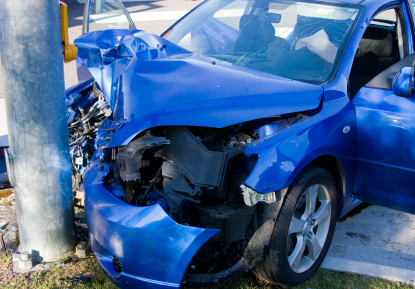 As a business owner, there are many people depending on you. Your family relies on you to provide for them and help meet all the financial obligations you share; your employees rely on you to give them work and pay them for their time; your business partners and shareholders need you to keep the business running and profitable; and your clients and customers rely on you to continue to provide an excellent service or product.
As a business owner, there are many people depending on you. Your family relies on you to provide for them and help meet all the financial obligations you share; your employees rely on you to give them work and pay them for their time; your business partners and shareholders need you to keep the business running and profitable; and your clients and customers rely on you to continue to provide an excellent service or product. If you should pass away without securing you obligations with life insurance coverage, all of the people who depend on you could be left flailing. Instead of setting your business, employees and family up for financial stress after you’re gone, consider some of the following life insurance options.
- Life insurance with a buy-sell agreement: If you have a business partner (or partners), and your family isn’t interested in taking your business shares, then a buy-sell agreement funded with life insurance proceeds would give your partner the money they need to pay your family for your shares.
- Key person insurance: Your business relies on your expertise and reputation in order to remain fully functional. If you pass away while the business is in operation then there could be a loss of income until a suitable replacement is found and hired. Also, the finding and hiring of a suitable replacement could take more time and money than your business partner expects. A key person insurance policy gives your business the money it needs to replace you and keep the business running in the interim.
- Personal life insurance: Outside of the funds received from the buy-sell agreement, your family may need additional funds to help them satisfy personal expenses and obligations such as the mortgage balance, college tuition and credit card debt.
- Permanent: A whole, or permanent, policy is one that pays a benefit to your beneficiaries no matter when your death occurs, as long as the premium is paid on time and the policy is in-force. In addition, it accrues cash values that can be used for loans.
- Term: Term insurance policies pay death benefits for a limited period of time (the term of the contract) and only as long as premium payments are made on time and the policy remains in-force. Term policies do not accrue cash values.

 Not having this policy is usually justified by the fact that only the owner drives the company vehicle, or that the business doesn’t even own a vehicle—while employees using their own vehicle for errands are typically overlooked.
Not having this policy is usually justified by the fact that only the owner drives the company vehicle, or that the business doesn’t even own a vehicle—while employees using their own vehicle for errands are typically overlooked.  When you purchase a
When you purchase a  As the economy continues on its downward spiral, consumers across the nation are tightening their belts and trying to save money wherever they can. Unfortunately, many people don't realize that they're losing untold amounts of money by overpaying on
As the economy continues on its downward spiral, consumers across the nation are tightening their belts and trying to save money wherever they can. Unfortunately, many people don't realize that they're losing untold amounts of money by overpaying on 


 If you own commercial property that you rent out to other business owners or use for your own business, then you need commercial property insurance.
If you own commercial property that you rent out to other business owners or use for your own business, then you need commercial property insurance.  There are numerous things to do and deliberate when deciding whether or not to go into business for yourself. One very crucial item to consider is the capacity to be sued because of your efforts or inactions as a
There are numerous things to do and deliberate when deciding whether or not to go into business for yourself. One very crucial item to consider is the capacity to be sued because of your efforts or inactions as a  Legislators in both California and Colorado have proposed new laws that would prohibit communities from charging a fee when police and fire personnel respond to motor vehicle accidents.
Legislators in both California and Colorado have proposed new laws that would prohibit communities from charging a fee when police and fire personnel respond to motor vehicle accidents.  If your
If your